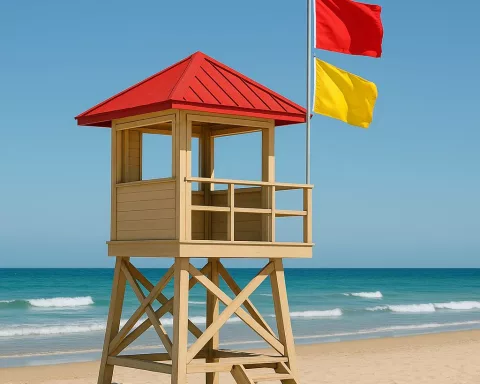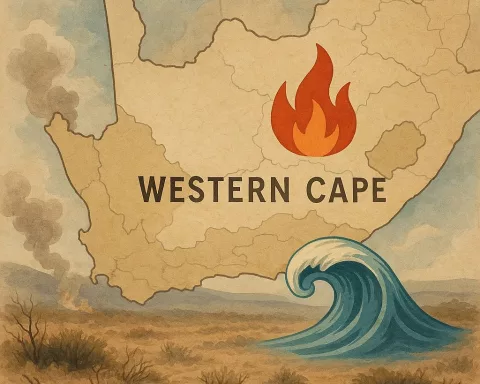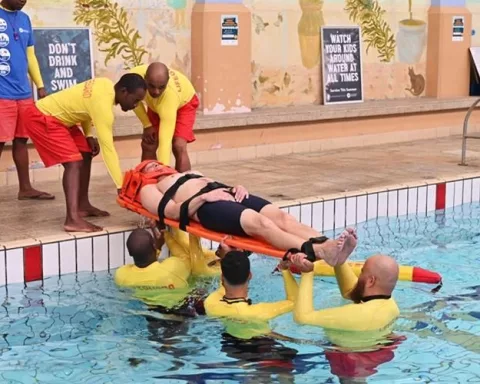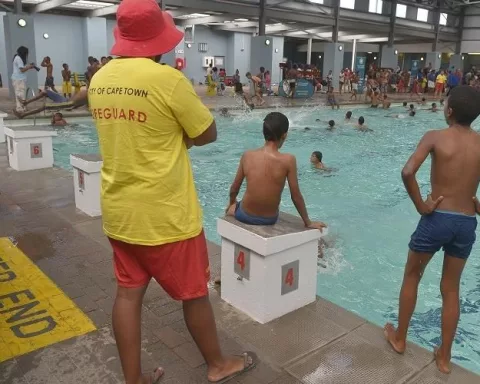The National Sea Rescue Institute (NSRI) has been making remarkable progress in the fight against drowning incidents in South Africa. The country has been grappling with a significant number of drowning deaths, with an average of 1,477 annually, most of whom are young children. In 2022, the devastating floods in KZN claimed the lives of an estimated 435 people. This article highlights the NSRI’s tireless efforts in drowning prevention through education and skills development.
The NSRI’s Drowning Prevention Department
The NSRI’s Drowning Prevention department, led by Dr. Jill Fortuin, is an essential component in mitigating drowning incidents through education. In August 2022, the NSRI celebrated a significant milestone; the department had delivered over 120,000 lessons in South Africa’s nine provinces. With an ambitious goal to reach 750,000 lessons by 2023 and a million by 2024, the department is committed to educating as many people as possible on water safety.
The Instructors
The NSRI’s Drowning Prevention department comprises 39 dedicated instructors. Their primary focus is to raise awareness about water hazards, offer guidance on emergency response, impart bystander CPR skills, and educate the public on whom to contact for help. Since its inception in 2006, the initiative has reached over four million people and equipped them with essential life-saving skills.
Generosity of Individuals and Partners
The NSRI’s impact in drowning prevention is a result of the generosity of countless individuals and partners. With just R10 required to teach a child water safety, the organization relies on the support and contributions of many to achieve its goal of one million lessons by 2024.
Empowering Programs
The NSRI is committed to drowning prevention with a variety of programs aimed at empowering children and adults with knowledge and skills for a safer relationship with water. Its achievements so far are a testament to the power of collective action, highlighting the potential for change when communities come together.
Supporting the Cause
The work of the NSRI is not only significant but life-changing for countless South Africans. As the organization continues to expand its reach, it is crucial for communities to recognize the importance of their cause. By supporting the NSRI’s Drowning Prevention programs, individuals and partners can contribute to a safer future for South Africa’s most vulnerable populations.
The NSRI’s commitment to drowning prevention has transformed the lives of millions in South Africa, making water safety more accessible through education and practical training. To achieve its ambitious goals, the NSRI relies on the support of communities and partners. Together, the people of South Africa can work towards a future where the tragedy of drowning becomes a thing of the past.












